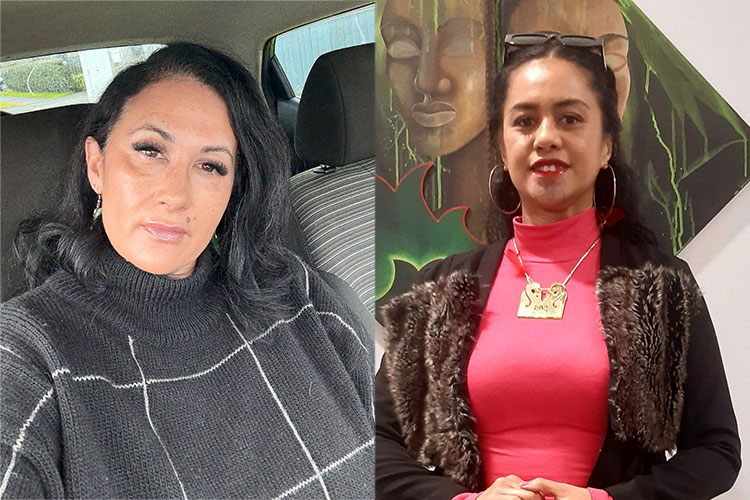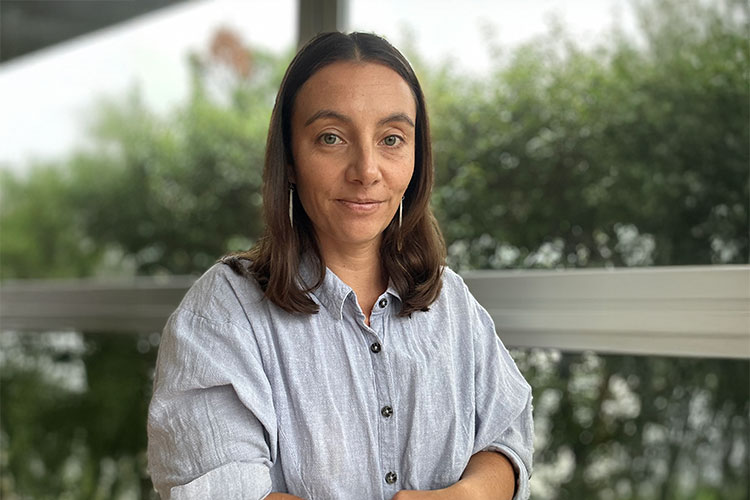Photo credit: Aotearoa Media Collective
A Te Wānanga o Aotearoa master’s tauira is on a mission to see Pasifika Coastwatchers formally recognised for their efforts during WWII.
William Cuthers – who has Pacific and Māori heritage and completed his studies last year – is the grandson and namesake of an original Native Wireless Operator from the Cook Islands.
As part of his He Waka Hiringa Master of Applied Indigenous Knowledge research at Te Wānanga o Aotearoa, he learned that while New Zealand European Coastwatchers were recognised by the New Zealand Defence Force in 2012, the contribution of indigenous Coastwatchers has never been formally acknowledged.
“It’s almost as if their vital contribution to New Zealand’s war effort has been erased from history, and that’s not good enough,” he says.
Aside from his grandfather, he’s also battling for recognition for the whānau of other Pasifika Coastwatchers who played important roles on remote Pacific islands.
During World War II, Coastwatchers – both New Zealanders and Pasifika - were stationed on remote islands and provided important information on enemy movements or radio activity back to New Zealand.
Now he wants those people given the recognition they deserve.
“I’ve provided a detailed argument to the Defence Force and provided a detailed argument to the New Zealand Government to recognise our Cook Islands men that served as coastwatchers during World War II,” he says.
William’s rangahau took him, his whānau and a film crew from the Aotearoa Media Collective to Rarotonga, where he met other grandchildren of Native Wireless Operators and shared stories of their tūpuna while filming a documentary about his quest.
The documentary, The Coastwatchers - Operation Pacific is being shown on TVNZ1 at 10.10am on ANZAC Day and also being broadcast on RadioNZ from 11am.
William’s push for recognition of Pasifika coastwatchers has the support of Associate Professor of Pacific Studies at Auckland University, Damon Salesa, and war historian Dr Stephen Clarke but William says it’s time for the Government and Defence Force to acknowledge their contribution.
William has had four other academic articles published while studying towards He Waka Hiringa and says he’s extremely happy with what he’s achieved.
“I’m proud of my experience and how Te Wānanga o Aotearoa has impacted my life. I would not have had these opportunities if I didn’t engage in the (He Waka Hiringa) programme the way I have.”




































